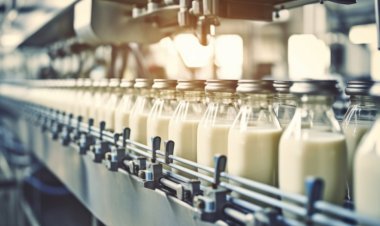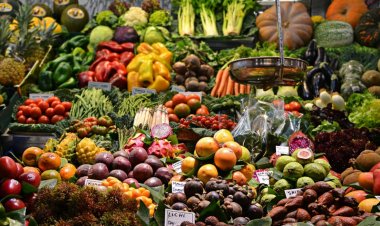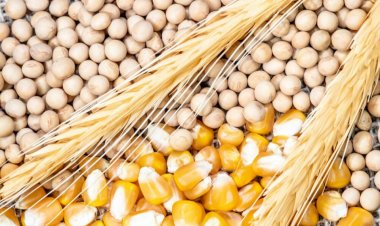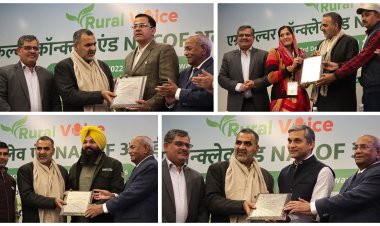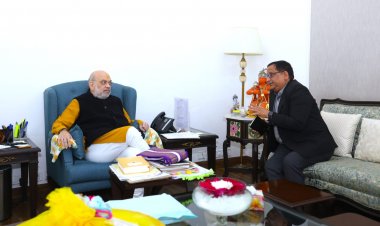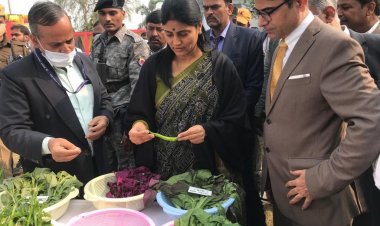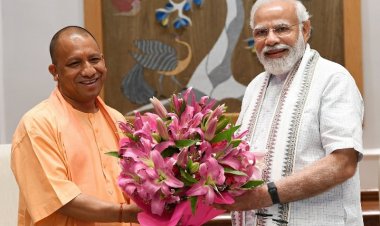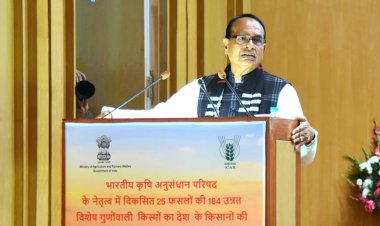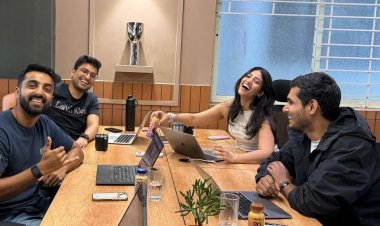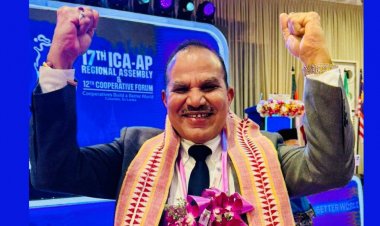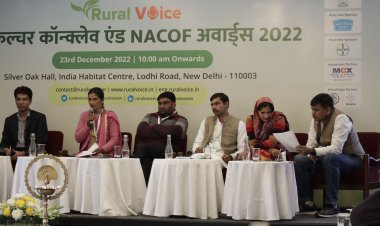Brazilian Microbiologist Dr. Mariangela Hungria Named 2025 World Food Prize Laureate
A scientist whose biological seed treatments helped make Brazil a global breadbasket has been named the 2025 World Food Prize laureate.
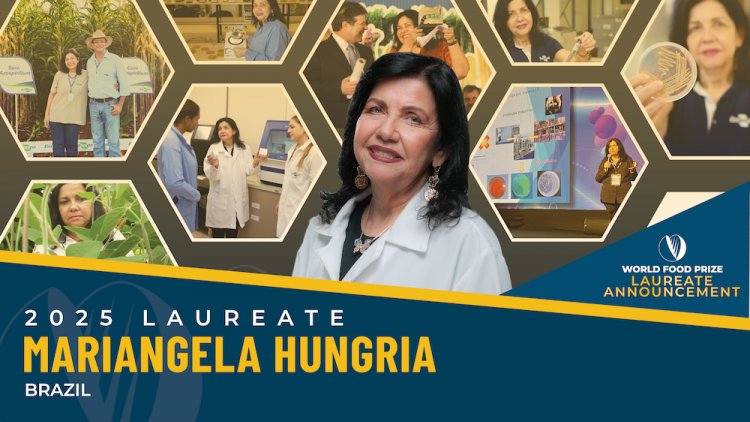
Dr. Mariangela Hungria, a Brazilian microbiologist whose research revolutionized sustainable agriculture in South America, has been named the 2025 World Food Prize Laureate. Known for her groundbreaking work in biological seed and soil treatments, Dr. Hungria’s innovations have helped transform Brazil into a global agricultural powerhouse.
Over her four-decade career with the Brazilian Agricultural Research Corporation (Embrapa), Dr. Hungria developed dozens of microbial solutions that improve plant nutrition and reduce dependence on synthetic fertilizers. Her discoveries, especially in biological nitrogen fixation, have contributed to significant yield gains in crops like soybean, maize, wheat, rice, and common beans. Her products are now used on over 40 million hectares, saving Brazilian farmers up to US$40 billion annually and avoiding more than 180 million metric tons of CO₂ equivalent emissions each year.
Announced at the Norman E. Borlaug Hall of Laureates in Des Moines, Iowa, the award recognizes Dr. Hungria’s enduring impact on food security and climate-smart agriculture. The ceremony was led by Iowa Governor Kim Reynolds, with remarks from World Food Prize Foundation President Mashal Husain, Board Chair Paul Schickler, and CEO Tom Vilsack.
“Dr. Hungria is a visionary scientist whose perseverance, innovation, and leadership echo the legacy of Dr. Norman Borlaug,” said Governor Reynolds. “She is not only a pioneer in agricultural science but also a role model for women across the world.”
Dr. Hungria began her work under the mentorship of renowned soil scientist Dr. Johanna Döbereiner, exploring the symbiotic relationship between soil bacteria and crops. By studying rhizobia and isolating new strains like Azospirillum brasilense, she developed microbial inoculants that now serve as eco-friendly alternatives to chemical fertilizers. Her research has led to the application of over 70 million doses of combined inoculants annually in Brazil.
In addition to advancing legume production, Dr. Hungria has recently focused on pasture restoration, creating Brazil’s first inoculant for grasses — a breakthrough that increases forage biomass by 22% and boosts sustainable livestock production.
Reflecting on her journey, Dr. Hungria said, “When I began, no one talked about biological nitrogen fixation. Replacing chemicals with biologicals has been the fight of my life. My mission was to produce food with minimal environmental impact, and we achieved that.”
Recognized by Forbes in 2021 as one of Brazil’s 100 most powerful women in agriculture, Dr. Hungria has authored over 500 scientific publications and produced the first Portuguese-language manual for tropical soil microbiology methods. She has been listed among the top 1% of agricultural scientists by Stanford University and is the recipient of Brazil’s highest agricultural honor — the Frederico de Menezes Veiga Award.
Chair of the World Food Prize Laureate Selection Committee, Dr. Gebisa Ejeta, praised her contributions, “Dr. Hungria’s groundbreaking work in sustainable agriculture and her vision for using biological inputs to feed the world make her a truly deserving recipient of the World Food Prize.”
Her legacy now extends beyond the laboratory, inspiring a new generation of scientists, especially women, to pursue innovation in agriculture with passion and purpose.



 Join the RuralVoice whatsapp group
Join the RuralVoice whatsapp group


















